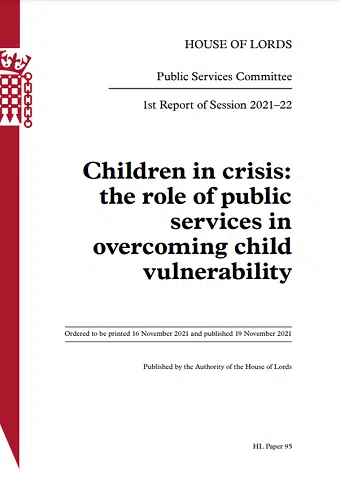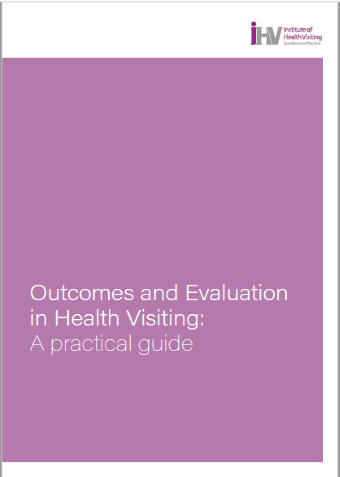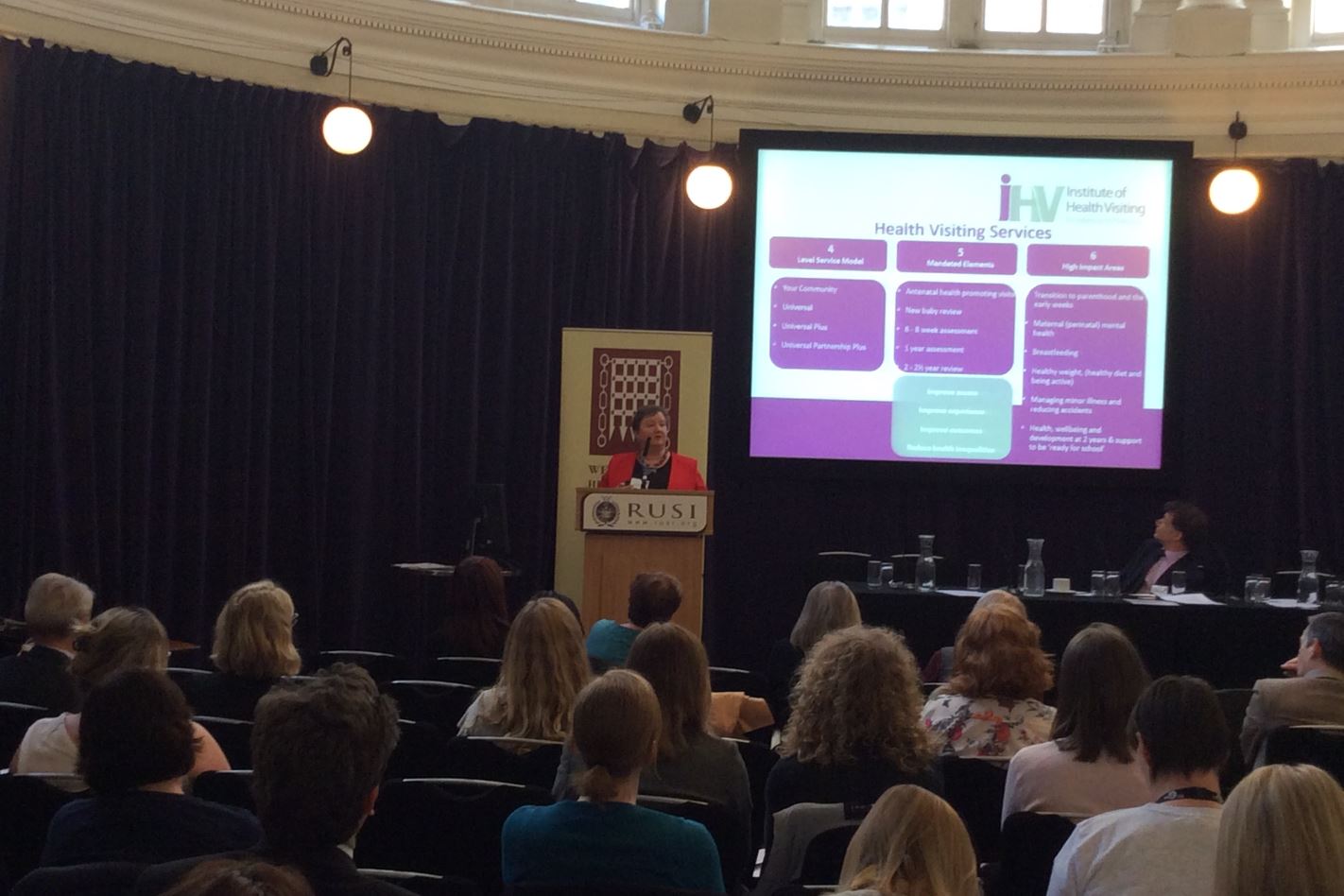The Institute of Health Visiting (iHV), working together with parents and Solent NHS Trust, is delighted to share a short film to highlight the value and breadth of the role of the health visitor in relation to family mental health and wellbeing outcomes.
Produced as part of the Interreg 2Seas PATH project*, the film raises the profile of the universal UK health visiting programme, where every family has access to a highly skilled and well-trained health visitor. It showcases the unique opportunity and skills that health visitors have to build relationships and the support that health visitors can offer where additional concerns about parental mental health or the parent-infant relationship are identified.
Created to appeal to parents, health and social care practitioners, government policymakers and commissioners, the film offers insights into a ‘day in the life’ of a UK health visitor, demonstrating the impact of open, trusting relationships and highlighting the importance of continuity of health visitor in building a sense of partnership with parents and families.
Melita Graham, Head of Mental Health at the Institute of Health Visiting, said:
“Supporting the emotional and social, as well as the physical health and wellbeing of the whole family during the perinatal period is a priority for all UK health visitors. We hope that this film will raise awareness of the potential that health visiting has for improving every family’s health and wellbeing.
“We would like to express our sincere gratitude to Whalebone Films, Solent NHS Trust and particularly the parents and families involved in supporting the creation of this film.”
Claire Robinson, Clinical Director for Child and Family Services, Solent NHS Trust, said:
“We are so pleased to be involved in this film which importantly showcases the breadth of skill and knowledge that our health visitors like Sema use every day, in a personalised way for parents and families in our communities. We are really proud of the profound and positive impact that health visitors make in supporting parents and their children in a variety of ways including physical health, early attachment and development, mental health and wellbeing, and practical aspects of parenting, whilst creating meaningful relationships that are so important to both our service and service users.”
The film is relevant for health visitors across the UK, and you can use it to promote the work that you do – so please do use and share it.
* PATH – PerinAtal menTal Health – is part of the Interreg VA 2Seas programme funded by the European Regional Development Fund. The iHV is one of several partner organisations from across the UK, the Netherlands, France, and Belgium working together to enable women, families, and healthcare professionals to prevent, recognise and successfully manage mild and moderate perinatal mental illness.
PATH seeks to promote positive parenting experiences and empower parents to feel confident in accessing self-help, professional support and guidance from employers, leading to happier and healthier families. Find out more about PATH: https://path-perinatal.eu/uk/








